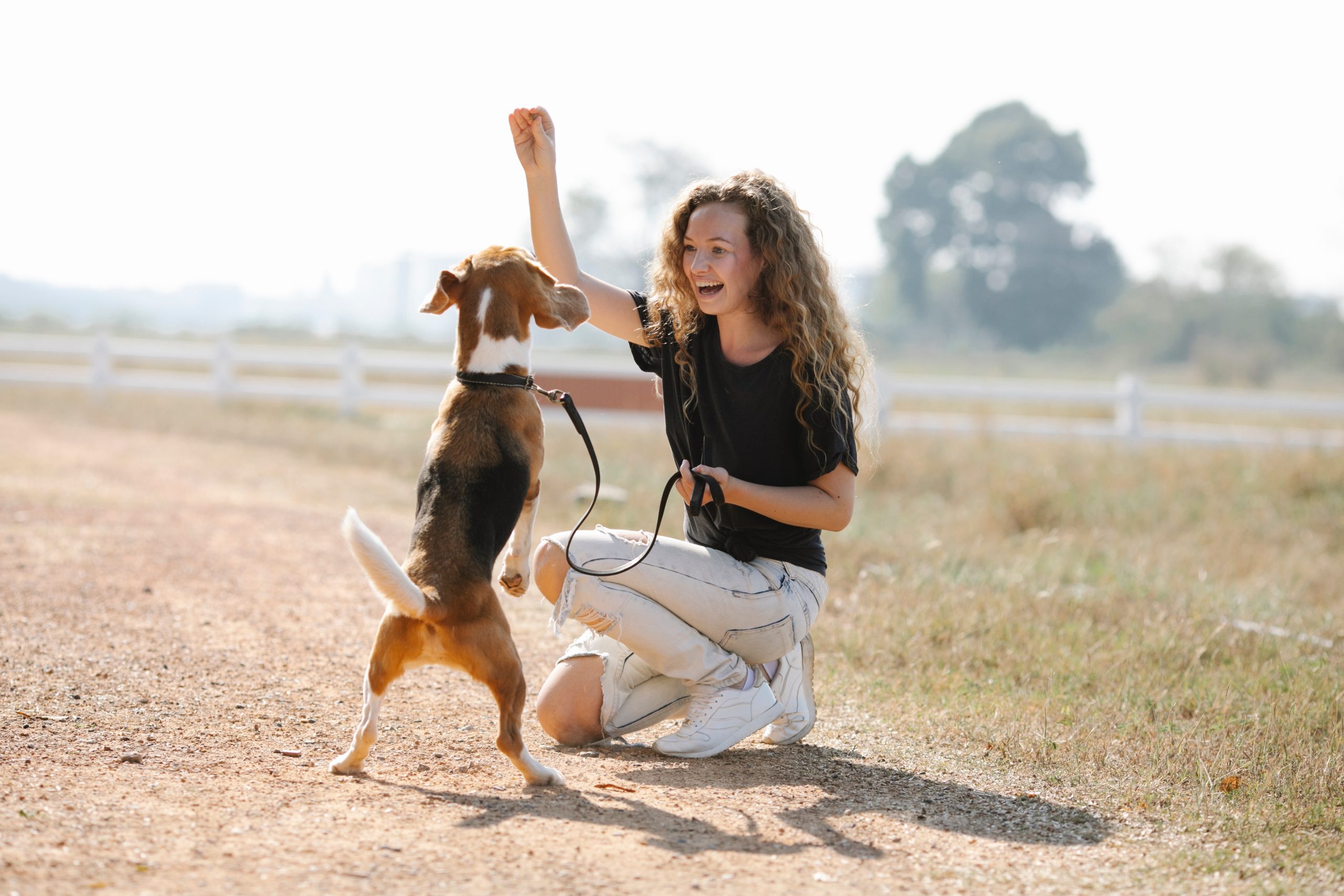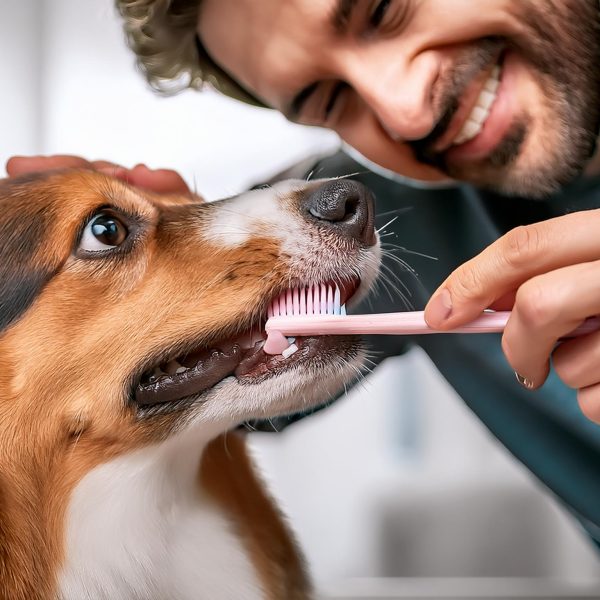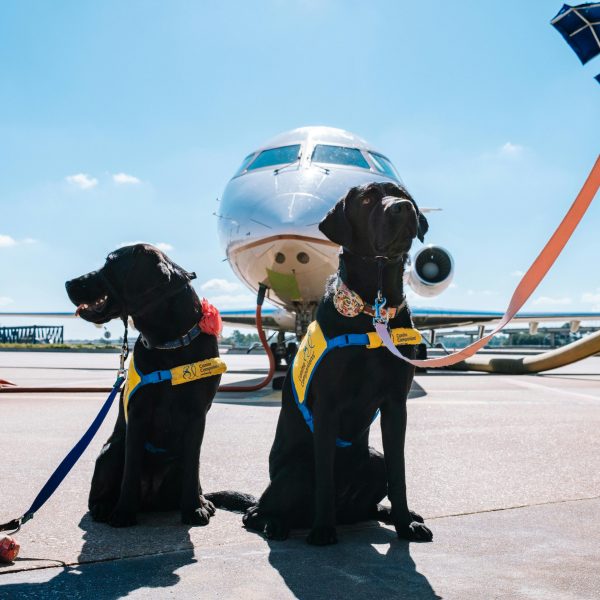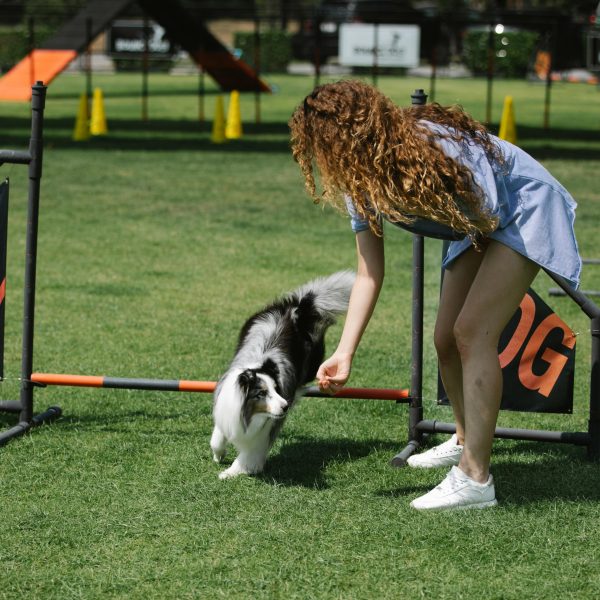In the intricate tapestry of human-animal relationships, dogs have woven themselves seamlessly into our lives. Their steadfast loyalty, boundless energy, and intuitive grasp of our emotions have earned them a treasured place within our families. However, forging a harmonious partnership between humans and canines is not always a straightforward endeavor. This is precisely where the invaluable role of professional dog training services comes into play – offering an experience that bridges communication gaps, nurtures obedience, and cements the bond between humans and their furry companions.
Delving into Canine Psychology for Successful Training
At the heart of effective dog training lies a profound understanding of canine psychology. Professional trainers delve into the intricate realm of how dogs perceive and respond to stimuli, leveraging this knowledge to devise optimal training methods. Dogs predominantly communicate through a complex interplay of body language and vocalizations. A trainer’s adeptness in deciphering these cues paves the way for tailored training regimens, uniquely suited to each individual dog’s disposition and learning style.
A Multitude of Training Services
The spectrum of professional training services encompasses a broad array of objectives, ranging from imparting obedience skills and behavioral corrections to training for specialized tasks like therapy and service roles. In the realm of obedience training, dogs are instilled with fundamental commands – sit, stay, come – and taught leash manners to make them well-adjusted members of a household.
Conversely, behavior modification interventions focus on tackling issues such as incessant barking, aggression, anxiety, and destructive tendencies. Trainers adeptly employ reinforcement techniques to guide dogs through these challenges, enabling them to embrace a well-rounded and balanced lifestyle.
Embracing Positive Reinforcement
A central tenet of modern dog training methodologies is the principle of positive reinforcement. This involves rewarding desired behaviors with treats, praise, or play, thereby incentivizing dogs to replicate those actions. Beyond merely fostering trust between trainers and dogs, positive reinforcement nurtures a conducive learning environment. Dogs associate training sessions with positive experiences, accelerating their learning curve.
Tailoring Approaches for Individual Canines
Recognizing that a “one-size-fits-all” strategy rarely yields optimal outcomes, professional dog training services specialize in tailoring their approaches to suit the unique needs of each dog. Varied breeds and personalities necessitate distinctive approaches. Evaluating a dog’s temperament, background, and specific behavioral challenges lays the groundwork for the creation of personalized training plans.
Forging Enduring Bonds Between Canines and Humans
Beyond the rudiments of command training and behavioral refinement, professional training services extend their influence into the domain of building unbreakable bonds between dogs and their human counterparts. Through shared experiences and collaborative learning, dogs cultivate an unwavering trust in their owners, leaning on them for guidance. Concurrently, owners deepen their comprehension of their canine companions, fostering a state of harmonious coexistence.
Advantages Beyond the Surface
Investing in professional training services for dogs yields advantages that ripple beyond superficial training accomplishments. A trained dog seamlessly integrates into the fabric of family life, substantially minimizing instances of frustration and miscommunication. Furthermore, training provides cognitive and physical stimulation for dogs, curbing boredom and preventing behaviors stemming from pent-up restlessness.
For dog owners, professional training services serve as a safety net. Trainers offer expert guidance in selecting a dog that aligns with the family’s lifestyle and preferences, thus mitigating the likelihood of conflicts arising from unmet expectations.
Evolution of Training Techniques
The trajectory of dog training has witnessed an evolution in methodologies over time. Traditional techniques rooted in punishment and dominance have gradually ceded ground to more effective approaches. The paradigm shift towards employing reinforcement-based methods has not only improved training outcomes but has also advanced a more compassionate treatment of animals.
Navigating Challenges and Controversies
While professional dog training services have garnered widespread acceptance, debates within the field persist. Certain training methodologies endorse the use of tools like shock collars, sparking discussions regarding their ethical implications and potential harm to dogs. Nonetheless, as the industry matures, a growing consensus leans towards humane and scientifically substantiated techniques that yield results while safeguarding the well-being of the animals involved.
In summation, professional dog training services embody both an art and a science, facilitating the cultivation of robust relationships between humans and their four-legged companions. These services not only equip dogs with essential life skills but also empower owners with effective communication strategies that foster enduring bonds. As society increasingly recognizes the significance of employing efficient training methods, the domain of dog training continues to evolve, ensuring that every canine member of a human family can fully realize their potential.








